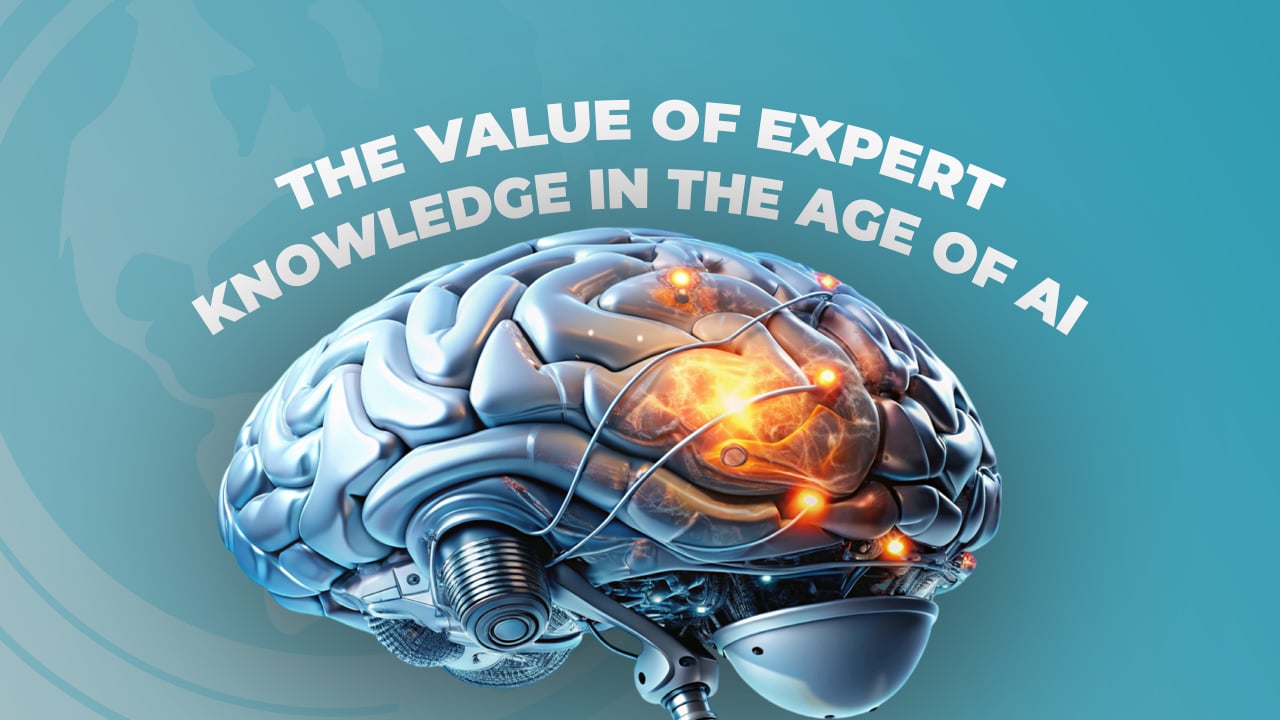Navigating the Future: Evolving Skill Sets for Regulatory Affair Professionals in an AI-Driven Era

The integration of AI in regulatory affairs signals a pivotal shift in the training and skill set requirements for future RA professionals. As AI takes over a substantial portion of routine, data-driven tasks, the role of RA professionals will increasingly focus on more strategic, analytical, and interpretive functions.
Data Literacy and AI Understanding
A fundamental understanding of data science and AI principles will become essential. RA professionals will need to know how AI algorithms work, how to interpret their outputs, and, crucially, how to spot potential inaccuracies or biases in AI-generated data.
Advanced Analytical Skills
With AI handling routine data processing, RA professionals need enhanced analytical skills to interpret complex data sets. This includes a deeper understanding of statistical methods and the ability to draw meaningful insights from AI-analyzed data.
Strategic Decision-Making and Problem-Solving
As AI streamlines the more administrative aspects of regulatory work, RA professionals will increasingly engage in strategic decision-making. They must evaluate AI-generated options, consider broader business and regulatory implications, and make informed decisions.
Ethical and Legal Understanding
With the rise of AI, new ethical and legal considerations will arise, such as data privacy and the implications of automated decision-making. RA professionals need a solid grounding in these areas to navigate the evolving regulatory landscape.
Soft Skills
Communication and collaboration skills will become more critical. RA professionals must effectively communicate complex AI-related concepts to stakeholders, including those without a technical background.
Continuous Learning and Adaptability
The field of AI is rapidly evolving. RA professionals must commit to lifelong learning to stay abreast of new developments, regulatory changes, and innovations in AI applications within the medical technology sector.
Technical Proficiency
Familiarity with AI tools and software used in regulatory processes will be necessary. It doesn’t mean RA professionals must become AI developers, but they should be comfortable using and interacting with AI-driven systems.
In summary, the future RA professional will likely be a hybrid of a traditional regulatory expert and a data-savvy analyst equipped with the critical thinking skills to interpret AI outputs and the strategic understanding to apply these insights in a regulatory context. This blend of skills will be crucial in navigating the future landscape of medical technology regulation, where AI plays an integral role.
Are you interested in joining a RegTech AI discussion forum? Join the Regulatory Rockstar Movement today to gain access!

